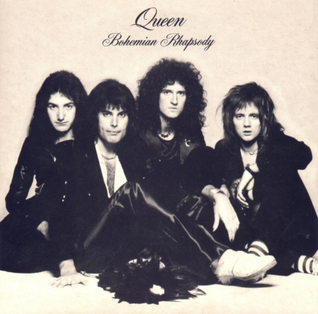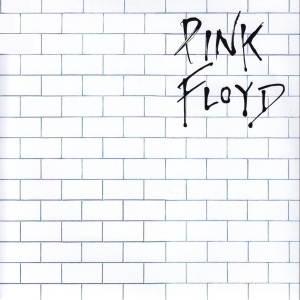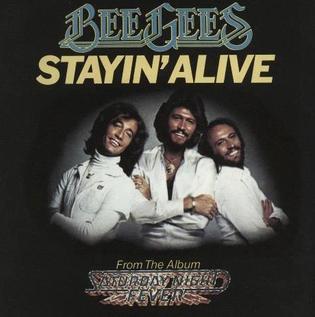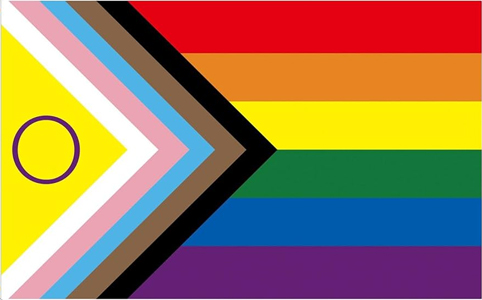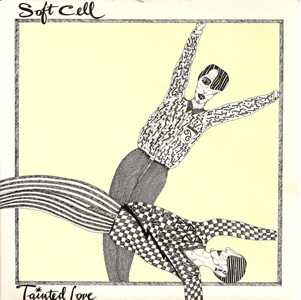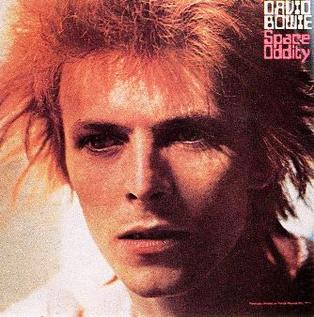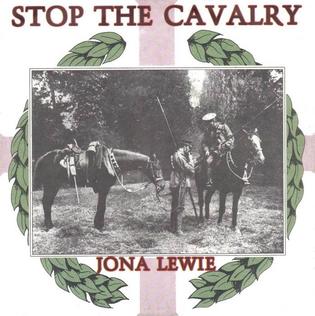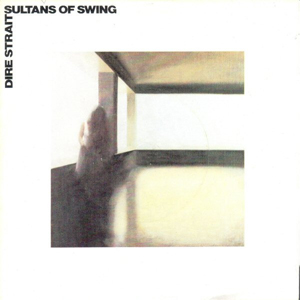Queen, the British rock band formed in London in 1970, left an indelible mark on the music industry with their innovative sound, theatrical performances, and enduring hits. Over their two-decade run with their original lineup, Queen produced a vast array of songs that continue to resonate with audiences worldwide.
At the heart of Queen’s success was their ability to blend various musical styles into a unique sound. From the operatic rock of “Bohemian Rhapsody” to the funk-inspired “Another One Bites the Dust,” the band refused to be confined to a single genre. This versatility is evident in tracks like “Crazy Little Thing Called Love,” which pays homage to 1950s rock and roll, and “Under Pressure,” a collaboration with David Bowie that seamlessly merges two iconic musical forces. Songs like “We Will Rock You” and “We Are the Champions” became anthems at sporting events, their simple yet powerful choruses designed for audience participation.
The individual talents within Queen were exceptional. Freddie Mercury’s four-octave vocal range and flamboyant stage presence made him one of rock’s greatest frontmen. Brian May’s distinctive guitar work, often created using his homemade “Red Special” guitar, can be heard on tracks like “Tie Your Mother Down” and “Brighton Rock.” Roger Taylor’s powerful drumming and high vocal harmonies feature prominently in songs like “I’m In Love With My Car,” while John Deacon’s bass lines form the backbone of hits like “Another One Bites the Dust” and “You’re My Best Friend.”
Queen’s legacy extends far beyond their chart-topping hits. Their willingness to experiment with unconventional song structures is evident in epic tracks like “The March of the Black Queen” and the sci-fi-inspired “39.” Even in their later years, facing Mercury’s declining health, the band produced powerful, introspective works like “These Are the Days of Our Lives” and “The Show Must Go On.” Today, Queen’s music continues to inspire new generations of listeners, a testament to their enduring impact on rock music.
